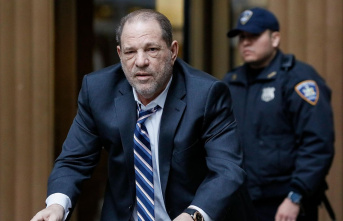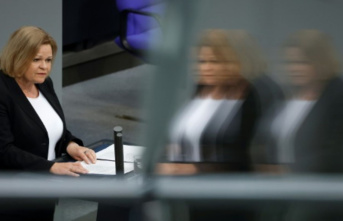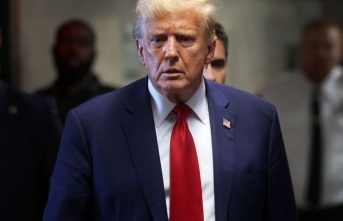To slow down the global loss of animal and plant species, it will take a lot of money and time. At the 15th Conference of the Parties to the United Nations Convention on Biological Diversity (COP15), nations will be expected to agree on an action plan to preserve global biodiversity. The pandemic has delayed the conference by two years. China, the host of the conference, has not yet set a date.
Conflicts over funding are now adding to the tension. Advocates and conservation groups suggest that rich countries should donate at least US$60billion annually to less-affluent nations to fund projects like protecting wildlife habitats and fighting illegal wildlife trade, which is threatening hundreds of species. They are spending much more than the $4 billion-$10 billion they currently spend. This amount is also far less than what they give to low- and medium-income countries (LMICs), to combat climate change. One estimate estimates that this figure was around $50 billion. As donors deal with the pandemic, and the aftermath of Russia's invasion in Ukraine, the resources available for overseas development are becoming ever more limited. This is the purpose of COP15: In addition to agreeing to the Global Biodiversity Framework action plan, countries will be encouraged and encouraged to contribute more money.
The trickle of private and public money has begun to occur. According to estimates made by five of the world's most respected conservation organizations, the current amount of biodiversity funding available to COP15 is $5.2 billion annually. Six governments are responsible for the majority of the funding, including the United Kingdom, Japan, France and the European Union. The Global Environment Facility (GEF), a multilateral fund that supports international environmental agreements, announced in April that $1.9 billion would be allocated to projects related to biodiversity over the next four-years. It's not clear how much of that will be funded by the pledges made by donor countries.
Private philanthropic donors are also contributing cash to conservation, such as the $2 billion pledged by Jeff Bezos last fiscal year. A group of financial institutions, now 89, has promised to report annually on their investments and financing activities that impact biodiversity. This is an ecological accounting method that could reduce the need for biodiversity protection.
To meet the needs of LMICs (the custodians and stewards of much of the biodiversity in the world), donors will have to dig deeper into their pockets. Gabon led a group representing LMICs that requested $100 billion annually in additional funding in March when officials met in Geneva to discuss the progress of the Global Biodiversity Framework. LMICs would like the money to be placed in a multilateral fund for biodiversity that is separate from but complements the GEF.
The fund must find a new structure and home, and cash is not the only thing that will be needed. There are several options. At the Geneva meeting, Brazil presented a proposal that the fund should be managed by 24 members. This includes equal numbers from rich and poor countries. The board would make funding decisions and prioritize projects that contribute to the achievement of the biodiversity convention's goals. Some countries were interested in the pitch, while others raised concerns about Brazil's attempt to distract attention from its failures over the last few years to save the Amazon rainforest and prevent any other environmental damage.
The Kunming Biodiversity Fund is another option, which China announced last October to aid LMICs in protecting their ecosystems. The fund was seeded with 1.5 billion yuan ($223 million). China invited other countries to make contributions, but no one has. According to sources familiar with the fund, donor countries are not willing to contribute because China is too tight-lipped and does not allow others to join its discussions. Nature has learned that China is considering housing the fund at the Asian Infrastructure Investment Bank, based in Beijing. The AIIB was established in 2016 and has $100 billion of capital. It also has 105 members including Germany, France, and the United Kingdom. The AIIB has ambitious green goals. It wants to see half of the infrastructure projects it funds be devoted to climate issues by 2025. The Kunming fund would be well-suited for an AIIB home with its strict oversight and transparency.
In an attempt to advance the biodiversity framework before COP15, countries will meet in Nairobi from 20 to 26 June. China, the host, must immediately provide greater leadership in financing. This includes transparency and engagement. For progress to be made, it will take generous and quick contributions from donor countries -- who should prioritize loans over grants for biodiversity projects.
It must also be a priority to hold the COP15 meeting. Some researchers worry that China will tighten restrictions to deal with a COVID-19 increase, which could lead to delays and impede conservation efforts. China has to either make a commitment to hosting the meeting in China this year, or allow it to proceed elsewhere. The possibility of moving the meeting to Canada, home of the United Nations biodiversity convention secretariat, is being considered. Nature cannot wait for a bold biodiversity plan. The world must act now.












